Brain Center nieuws
Brain Center nieuws
UMC Utrecht ontvangt subsidies voor onderzoek naar post-COVID
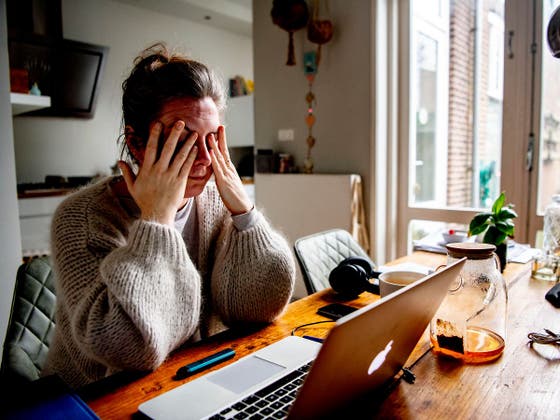
Na de eerste golf van de coronapandemie is het duidelijk geworden dat sommige mensen langdurige klachten houden, zelfs nadat ze genezen zijn van de infectie. Deze klachten worden vaak aangeduid als ‘post-COVID’ of het ‘long COVID syndroom’. Het is een aandoening die nog steeds veel vragen oproept, zowel bij patiënten als bij artsen. Daarom is er meer wetenschappelijk onderzoek nodig naar de oorzaken en behandelingen van post-COVID. UMC Utrecht is één van de instellingen die vier veelbelovende onderzoeksprojecten mag uitvoeren, dankzij extra financiering van het ministerie van VWS en ZonMw.
Lees meerTopwetenschapper ontvangt Dekkerbeurs
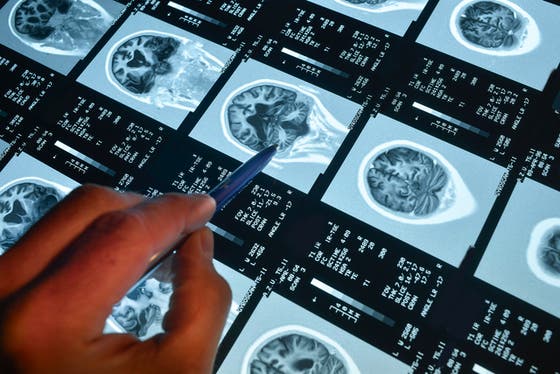
Aan de wetenschapper Nick Weaver (UMC Utrecht) heeft de Hartstichting een Dekkerbeurs toegekend. Met deze beurs van 276 duizend euro kan Nick de komende jaren onderzoek doen naar hart- en vaatziekten.
Lees meerKom naar New Scientist Live! Hersenziekten publieksevenement
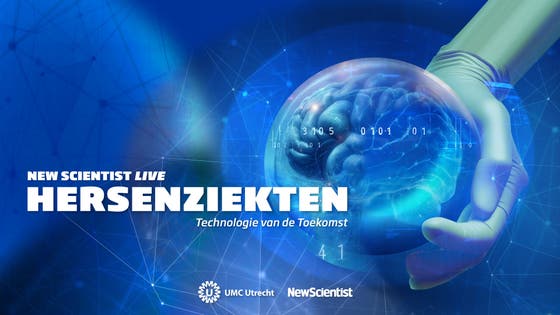
Benieuwd naar de toekomst van hersenziekten? Nieuwsgierig naar wat kunstmatige intelligentie, big data en virtual reality voor ons kunnen betekenen? Dan is New Scientist Live! Hersenziekten op donderdagavond 13 juni in TivoliVredenburg een evenement dat je niet wil missen.
Lees meerVeni-beurs voor onderzoeker UMC Utrecht
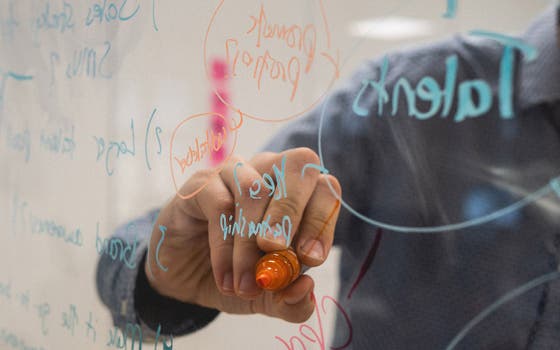
Mariana Pedroso Branco gaat werken aan hersentechnologie voor kinderen met communicatieproblemen.
Lees meerBiological discovery heralds new medication
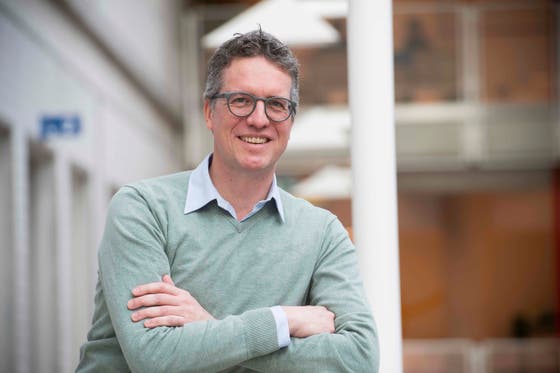
2 signaling proteins appear to be able to bind to 1 nerve cell at the same time, causing the cell to "switch off" temporarily
Lees meerA power solution for animal experiments
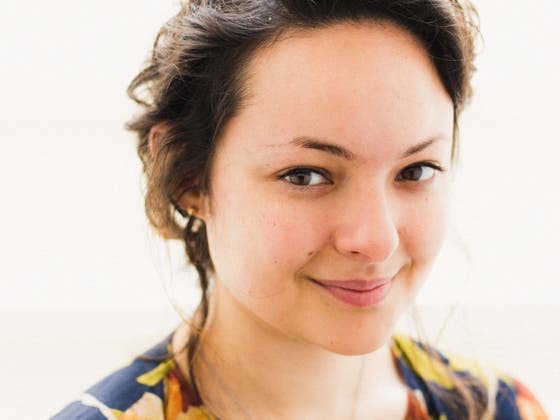
Publication Valeria Bonapersona et al - Nature neuroscience How can you use statistics to increase the power of animal experiments? Low statistical power reduces the reliability of animal research; yet, increasing sample sizes to increase statistical power is problematic for both ethical and practical reasons. Valeria Bonapersona and her colleagues present an alternative solution using Bayesian priors based on historical control data, which capitalizes on the observation that control groups in general are expected to be similar to each other. Their article is published in Nature Neuroscience.
Lees meerWomen and girls in science
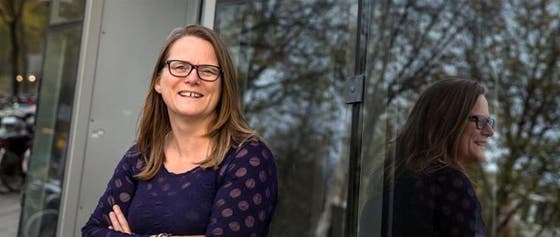
Today is International Day of Women and Girls in Science. It is still not always easy for women to get into the same positions, to be treated equally and seriously as men. Elly Hol is professor of gliabiology of brain diseases. In her career she has noticed that there are all kinds of obstacles and prejudices and sees this also happen among younger research colleagues.
Lees meerClinical Established Investigator grant for Mervyn Vergouwen
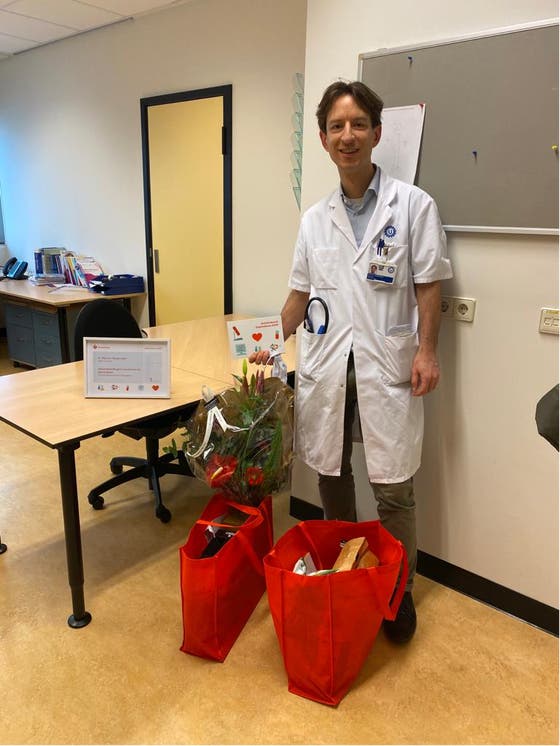
Stroke neurologist Mervyn Vergouwen received the Clinical Established Investigator grant of the Dutch Heart Foundation (Hartstichting). This personal grant allows him to expand his research group in the field of unruptured intracranial aneurysms over the next 5 years.
Lees meerGenes discovered that play a role in aneurysm
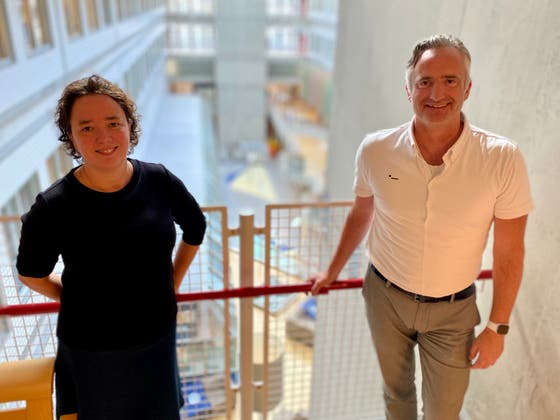
Researchers find 17 areas on the DNA that contribute to an aneurysm in the head.
Lees meerEarlier recognition of children with sleep epilepsy
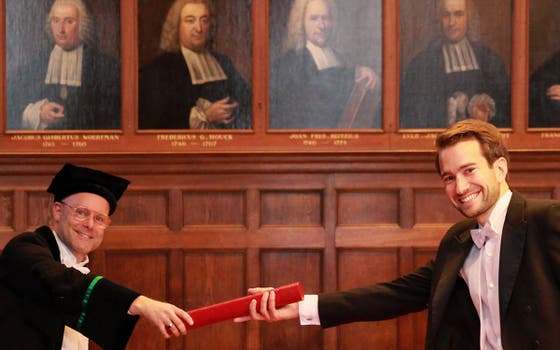
Some children have continuous epileptic activity in their brains at night, while they seldom if ever have epileptic seizures during the day. This relatively invisible form of epilepsy is called ESES syndrome. As a result, children often develop learning and behavioral problems. Not much is yet known about this syndrome. Medical researcher Bart van den Munckhof obtained his PhD in mid-October for research into causes, early recognition and better treatment.
Lees meer
